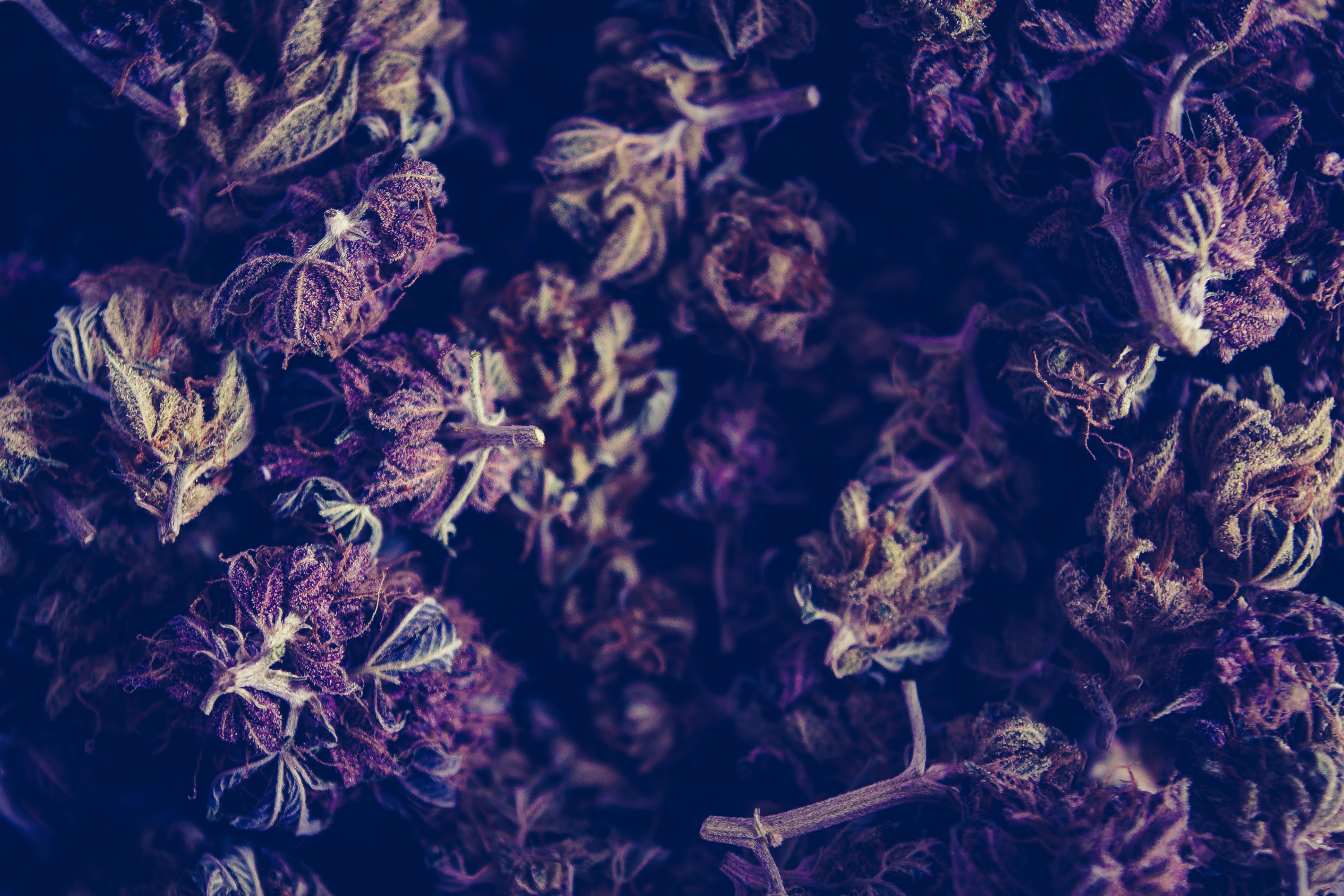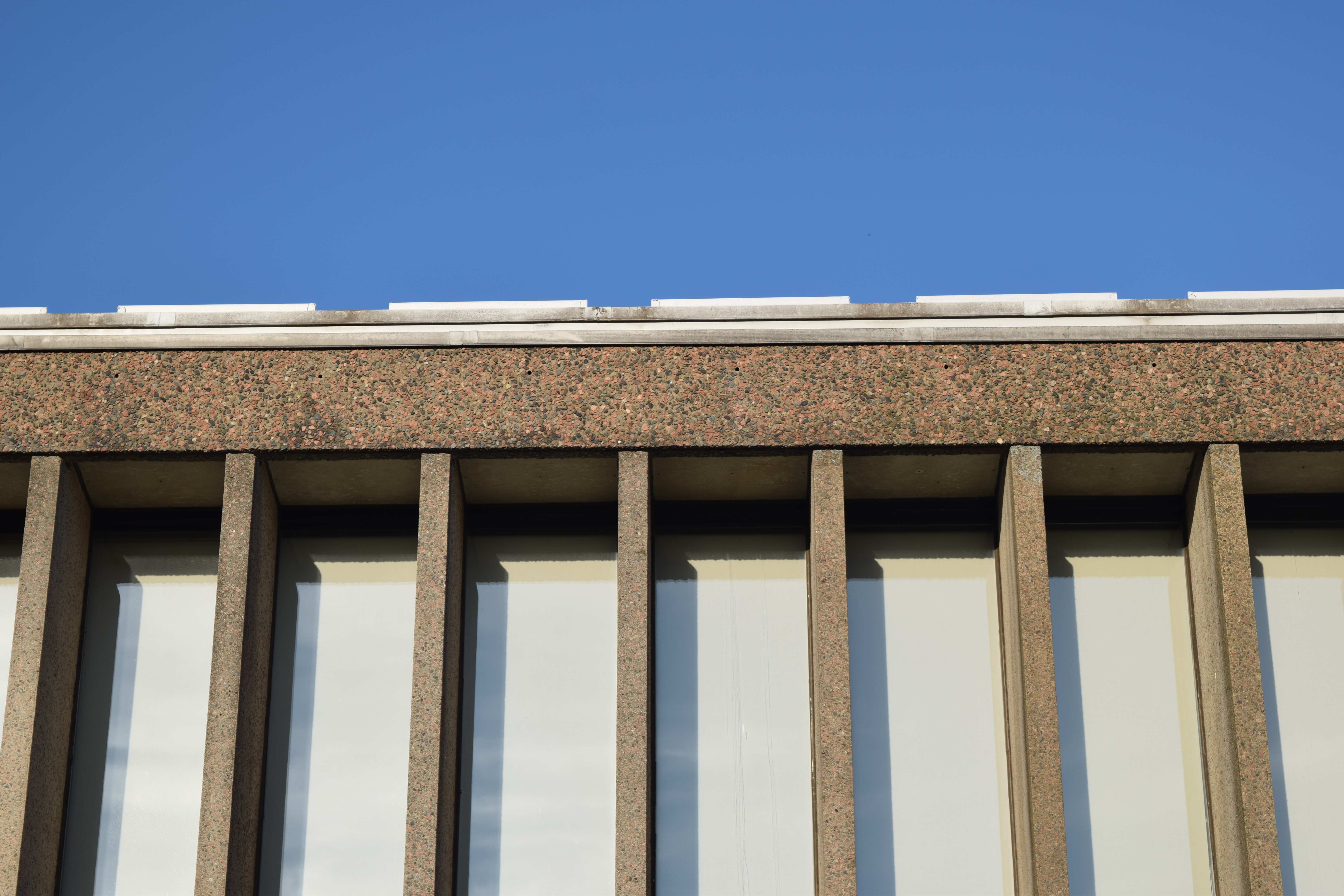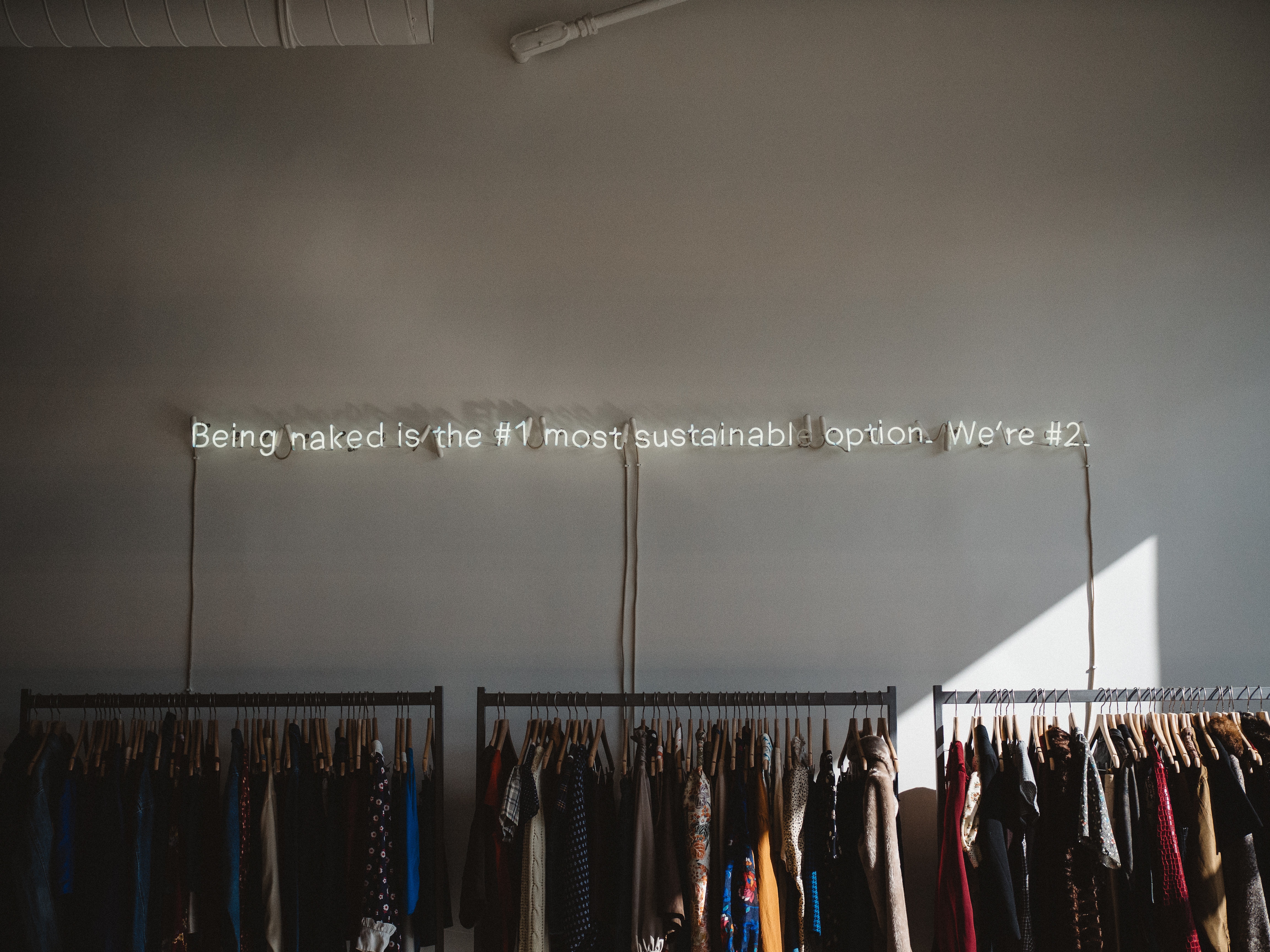The Liberals are finally talking about delivering on one of their key campaign promises, legalizing marijuana. I don’t think I’ve ever seen stoners so excited in my life. Don’t get me wrong, the idea of legal pot is alright by me. I’m not an advocate of using illegal drugs, but then again, weed doesn’t quite have that “illegal” connotation to it anymore. People were starting to get impatient, especially millennials, with the activity surrounding a campaign promise that in some cases likely changed the way some millennials voted. With impatience growing, and an election in 2019 the Liberal party announced that they would introduce legislation that would see marijuana legalized by July 1st, 2018. To summarize, this legislation would be difficult to pass but the short version is that marijuana will be legal for recreational use and you’ll be able to grow up to four plants in your house. Ottawa will license bulk producers and will set the legal age to purchase at 18.
However, the government has left many decisions up to the discretion of provincial governments, for example, although Ottawa may say the legal age to purchase marijuana at 18 the government of Alberta may set the age at 20. In an interesting move, the Liberal government will also leave it up to the provinces to set the price which will likely result in prices that vary province to province. The curious thing is the logic behind legalization. The Liberal party website says: “Canada’s current system of marijuana prohibition does not work. It does not prevent young people from using marijuana and too many Canadians end up with criminal records for possessing small amounts of the drug.” The intention here is clear, create tax revenue, keep weed out of the hands of children, and make the voters happy. It all seems benign enough but my curiosity says that there’s more to it than the government would have us believe.
First lets examine the claim that the regulation of something can keep it out of the hands of children. In 2013 the World Health Organization published data that said that Canadian teens led the developing world in marijuana use. 29% of 15 year olds admitted to using marijuana in the last year in that study although experts consulted said that number could vary slightly by age group and region. Compared to alcohol, these numbers are low. In 2012 the Canadian Centre on Substance Abuse showed that people between the ages of 15 and 18 had used alcohol at a rate of 56%, now although these studies reviewed different age groups it is somewhat clear that legalization and regulation don’t necessarily result in sober youth. Upon further examination of some sources, Statistics Canada corroborates that the use of alcohol amongst youth was far higher than that of marijuana in 2011. So, if the claim that legalization is going to keep pot out of the hands of youth has been examined correctly, it seems to be false. After all, alcohol has a long history of both being legal and being consumed by those not of age. If we administer alcohol and marijuana in the same way, one can likely assume that access will be no different if the demand is there, and the demand very clearly exists.
The next argument that is made in the case for legalization is that the sale of marijuana will create a great deal of tax revenue. CIBC estimates that this revenue will be in the neighborhood of five billion dollars, but only if all the underground sources are “curtailed”. If we take into account that the illegal marketplace is going to have prices far below that of the legal market it seems that the criminal market will likely not be slowing down any time soon. Given the international obligations Canada has to prevent the illegal export of marijuana, we likely won’t see the government saving money on law enforcement budgets. There are some figures from the consulting firm Delloite that would suggest the supporting industries “growers, infused product makers, testing labs, and security” would be “worth between $12.7 billion to $22.6 billion”.
The financial argument for legalization seems to be a strong one. Although there are other factors that deserve consideration, road safety, health, and criminal justice for instance. Justin Trudeau has said that all of the revenue from the newly created marijuana industry will be invested in addiction treatment and public health, effectively meaning that we have nothing to worry about from a public health standpoint (although we will still have to worry about that soaring deficit). Even better for the legalization argument is that following legalization in Colorado road accident fatalities are actually at an all time low, an astounding 13 year low to be precise. It is important to recognize that this could be from a number of factors and the data actually doesn’t indicate marijuana has had anything to do with it. The real saving grace of the legalization argument (other than that most people I know love weed) is that we’ll be saving major cash in criminal justice administration. 67% of drug offences in Canada involved marijuana, removing those offenders from the system will undoubtedly save the government some money.
To conclude, the logical answer is to very carefully legalize and regulate marijuana. I am of the opinion that we’re headed that way as it is. So yes, legalization is a great idea, but not for any of the major reasons cited by the Liberal government. As someone who has never been a huge fan of the Liberals, I can honestly say that this is a move I can wholeheartedly support. Smooth move Trudeau, this bud’s for you.




